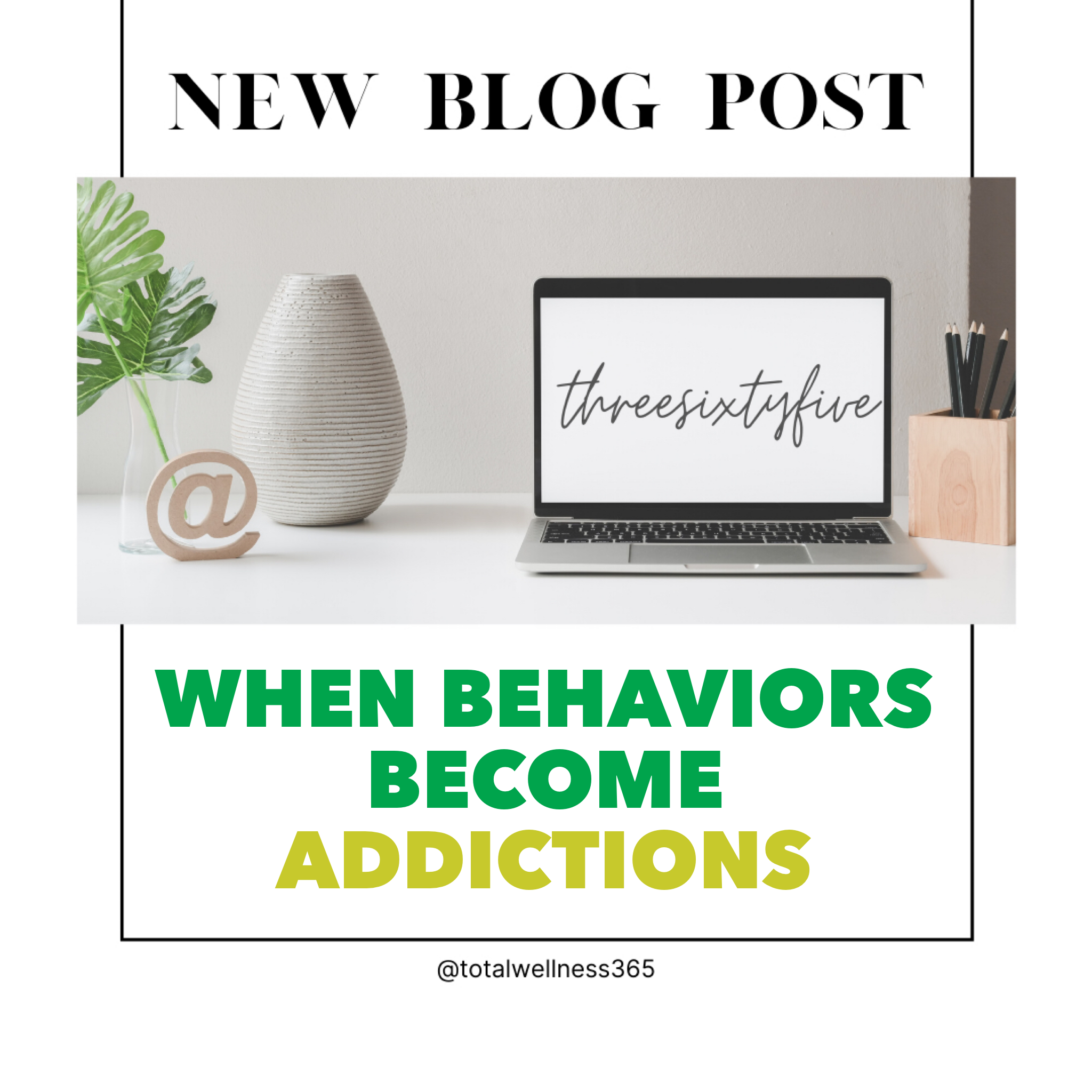Sex is a natural human activity, a way to express love and connection. Sex can be fun solo or with partner(s), so how can it be a problem? For many, sex can become an addiction. While there are many points on the continuum to discussing sex, for our purposes we will focus on addiction to sex.
Then what is sex addiction?
Addiction is a common term; one often overused and over simplified. In fact people make flippant remarks about being ‘addicted to’ tv shows, a specific drink or roller coasters for example. This generalizing can diminish the seriousness of addiction to those that are truly trapped in its grips. The American Society of Addiction Medicine (ASAM) looks at the “interactions among brain circuits, genetics, the environment, and an individual’s life experiences” to assist in identifying when a person has an addiction. They go on to say that addiction can be of substances or behaviors.
Also referred to as a compulsion, being hypersexual or having out-of-control sexual behaviors, sex addiction is one of the core treatments at the International Institute of Trauma and Addiction Professionals (IITAP). They have defined sex addiction as “a pathological relationship to a mood altering experience (sex) that the individual continues to engage in despite adverse consequences.” That can be a complex definition so let’s break it down into every day language.
Pathological refers to the abnormal connection between the cause (addictive behavior) and effect (consequences) of a condition on a persons physical and psychological health.
Mood altering is the ability of a substance, activity or object to change moods.
Adverse consequences are unwanted, unhealthy, or unsafe outcomes due to engaging in the behavior. Arrest, physical injury, loss of employment are examples of adverse consequences to any number of addictions.
Addiction treatment professionals follow common rules related to the identification of addiction. As a therapist it’s important to distinguish between a clinical diagnosis or a behavioral observation; depending on the experience and licensure of the therapist some are able to provide a clinical diagnosis like those found in the Diagnostic and Statistical Manual (DSM) or the International Statistical Classification of diseases and Related Health Problems (ICD).
Sex addiction can include behaviors such as: voyeurism (e.g. peeping toms), exhibitionism (e.g. flashers), frequent anonymous sex, paying for sex (e.g. engaging in prostitution), and pornography use, including role play, cosplay, amateur, type of sexual positions, etc.
I like sex, a lot! Does that mean I’m addicted to sex?
Absolutely not! Sex brings with it innumerable benefits, including enjoyment, connection, confidence and procreation. That fact that you enjoy sex, makes it that much more pleasurable! Sex as a addiction is when the individual has lost much of the pleasure and intimacy of the act and is focused more on meeting their cravings or urges (remember that pathological relationship mentioned above).
Just as in identifying other addictions, such as substance, gambling, or nicotine, there are criteria that must be met. Some of those criteria include:
Loss of control—engaging in the compulsive behavior more than you intended to
Efforts to stop—repeated attempts to stop the compulsive behavior without success
Loss of time—significant amounts of time is spent getting ready, engaging or recovering from engaging in the behavior.
Continue despite consequences—even though the individual may experience adverse consequences, they continue to engage in the compulsive behavior
Please note that this is not a comprehensive nor conclusive indication that someone is addicted to a substance or behavior. You are encouraged to speak with a licensed therapist if you are concerned about your own or someone else’s behaviors.
Now what? Is there treatment available?
Treatment does exist for someone with sex, porn or love addiction. It’s important that the therapist you work with has experience helping those in sex addiction but it’s not essential that the therapist have a certification in sex addiction. Consider it an added Sarah at Total Wellness 365 is a Certified Sex Addiction Therapist, Candidate through IITAP. Prior to getting her certification she has worked with those in addiction for over 10 years.
Therapist working with sex addiction clients will help them develop a clear understanding of their specific addiction cycle. Then teach skills to interrupt the cycle by creating a plan to incorporate healthy replacement behaviors, reducing risk and increasing wellness as a new lifestyle. Recovery is takes time; it also takes hard work, patience and support. If you or someone you know are interested in learning more about this subject, here are some additional resources. If you are interested in finding a sex addiction therapist, you can search here.



